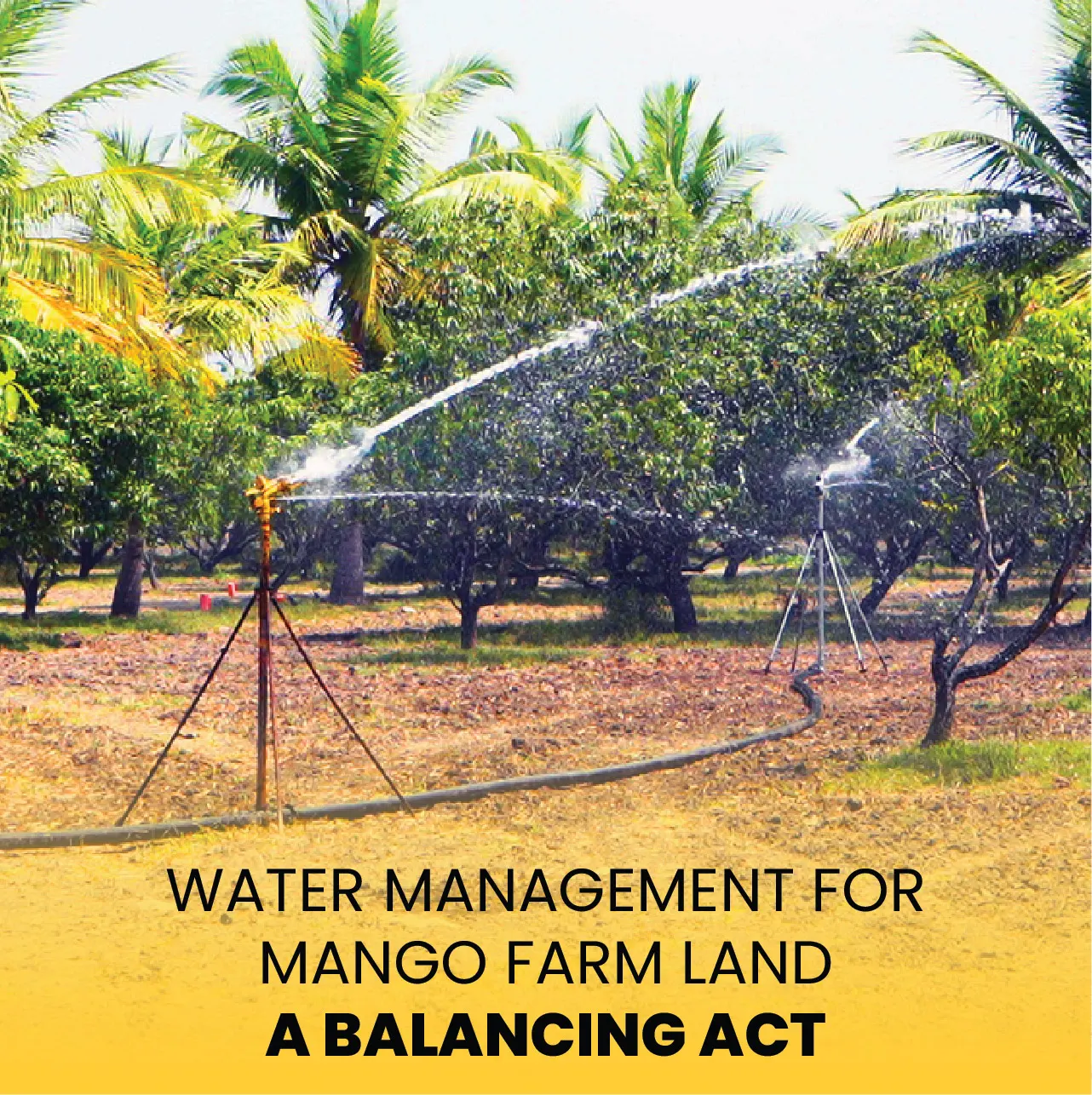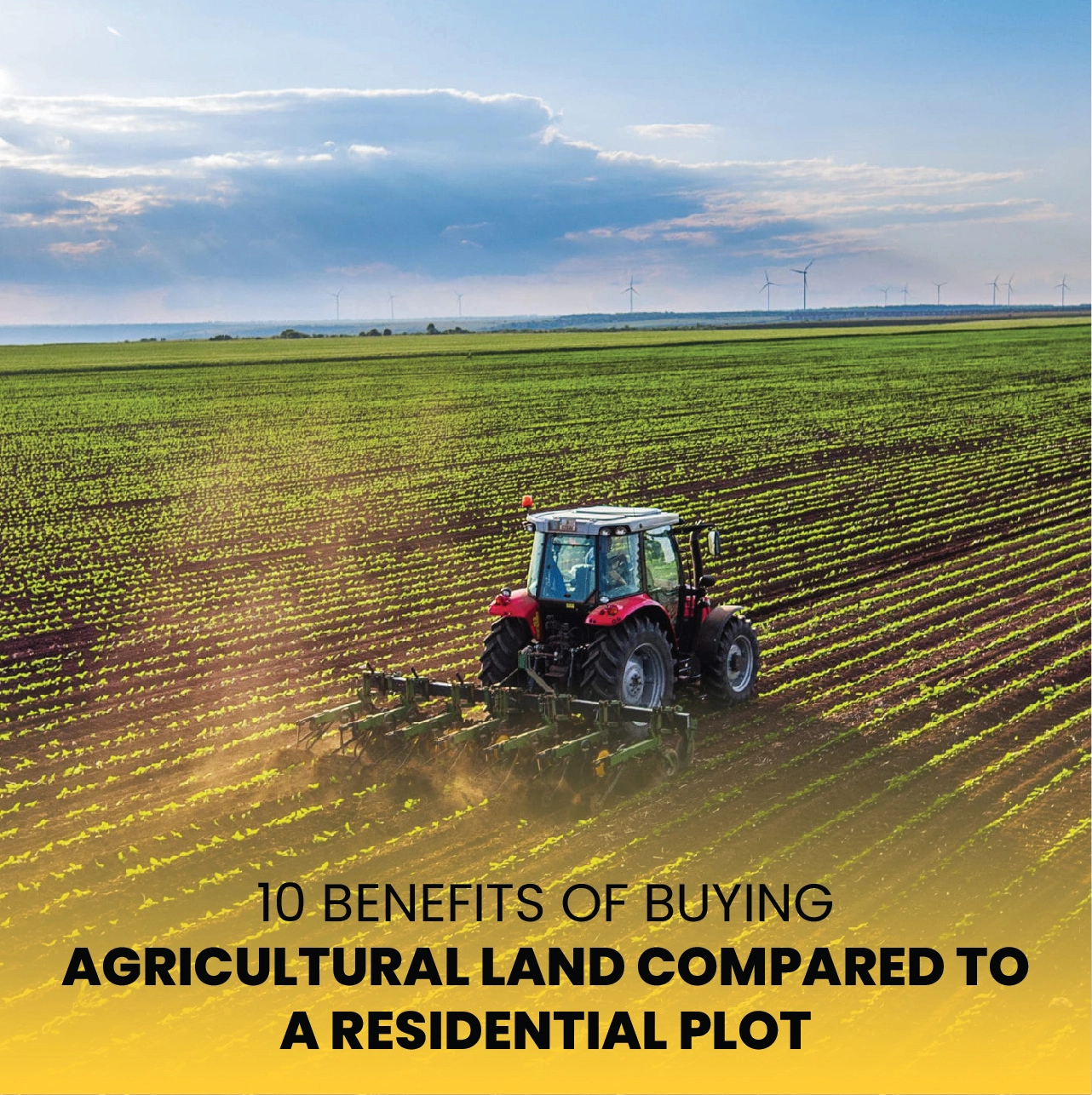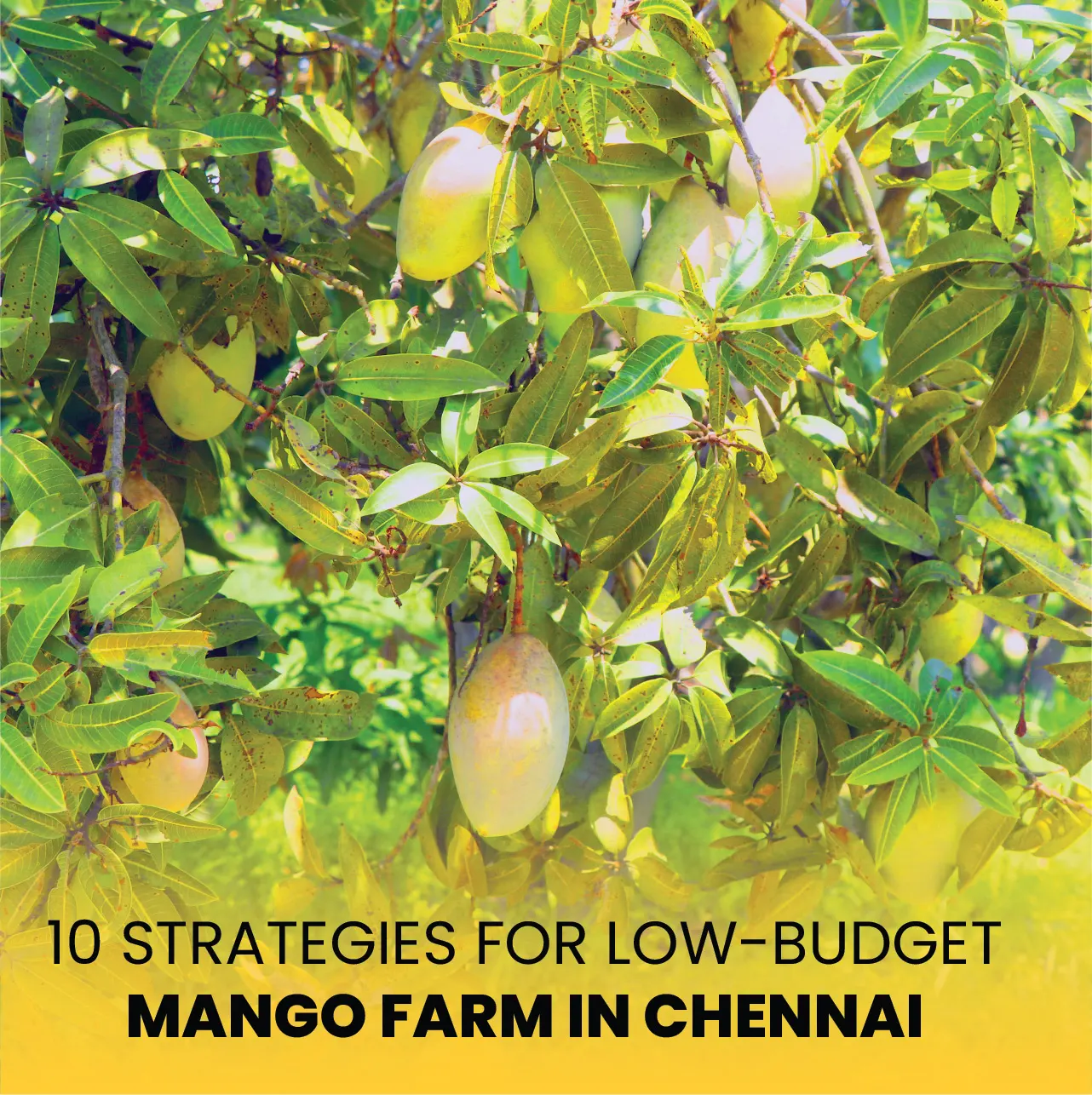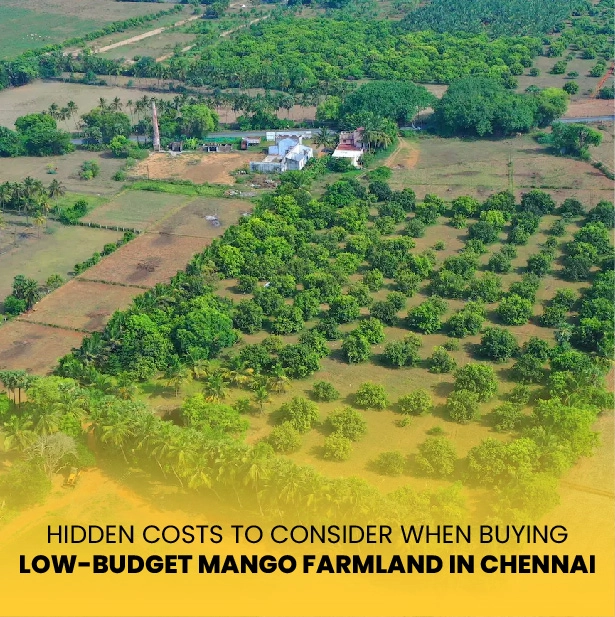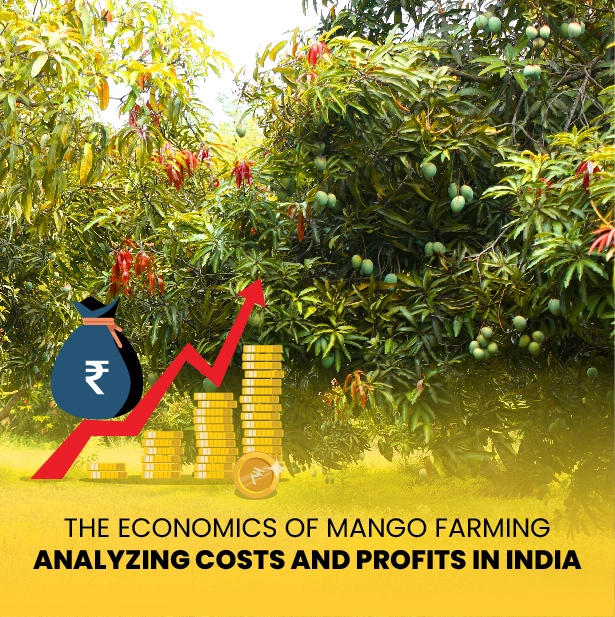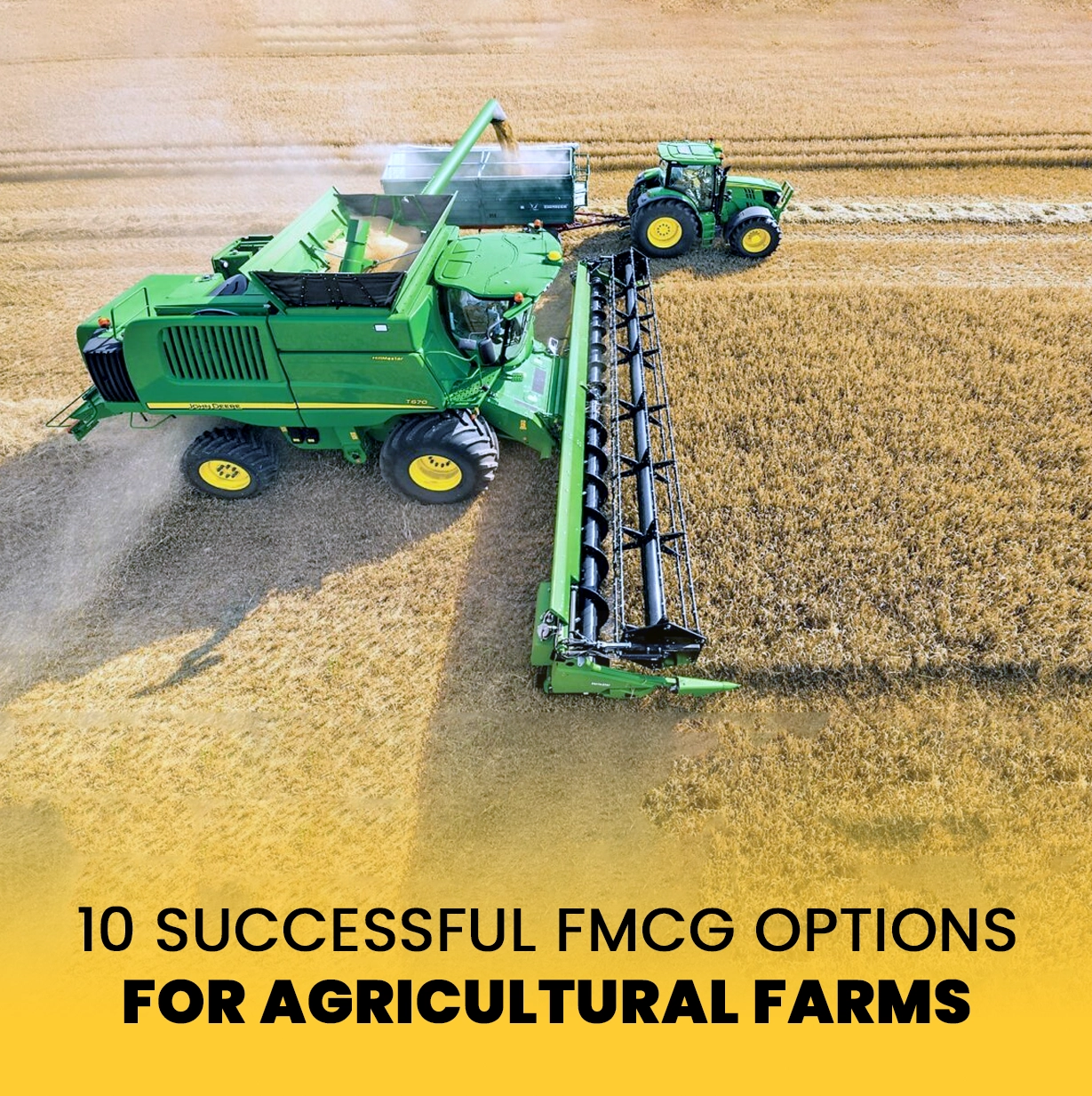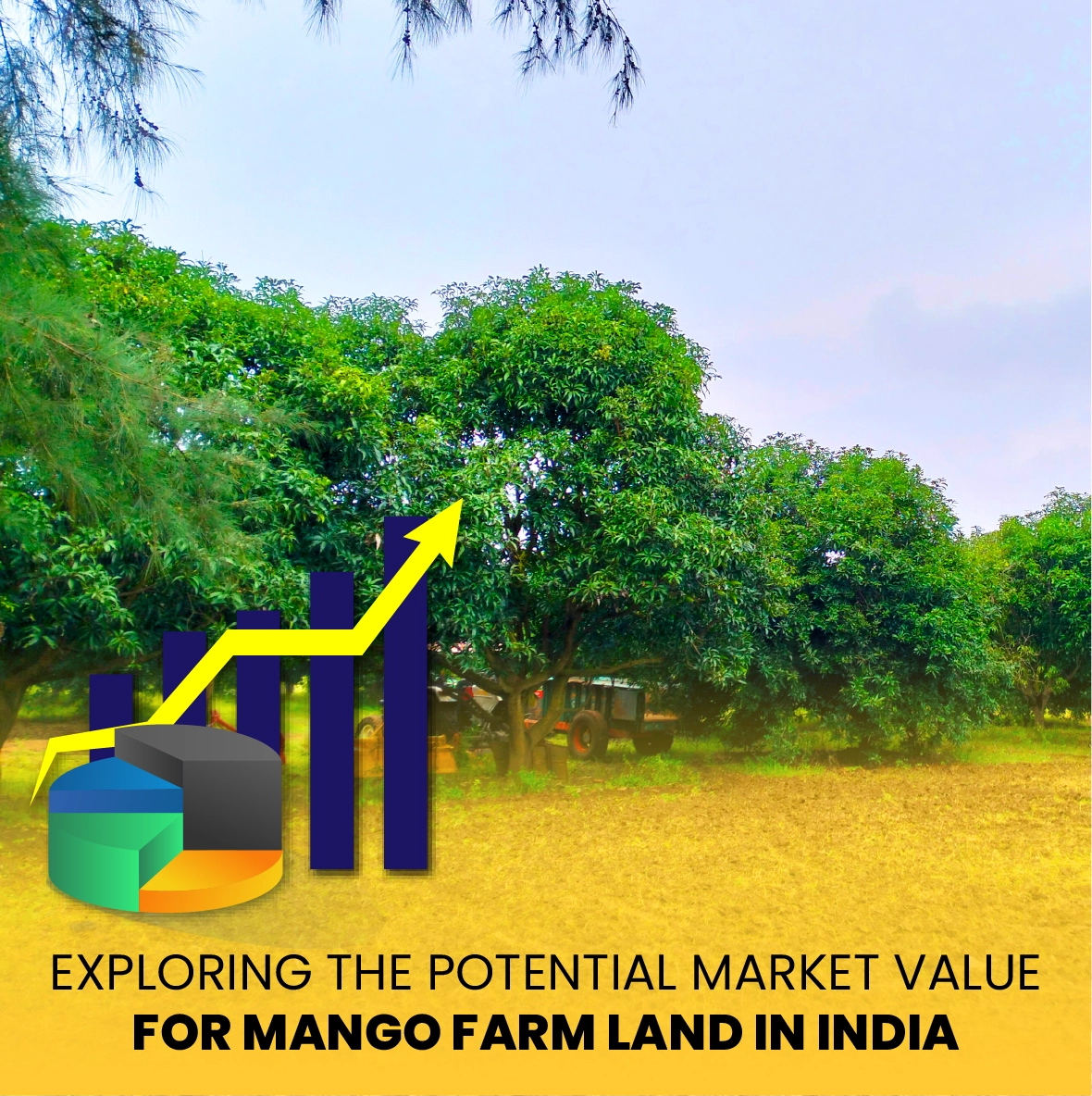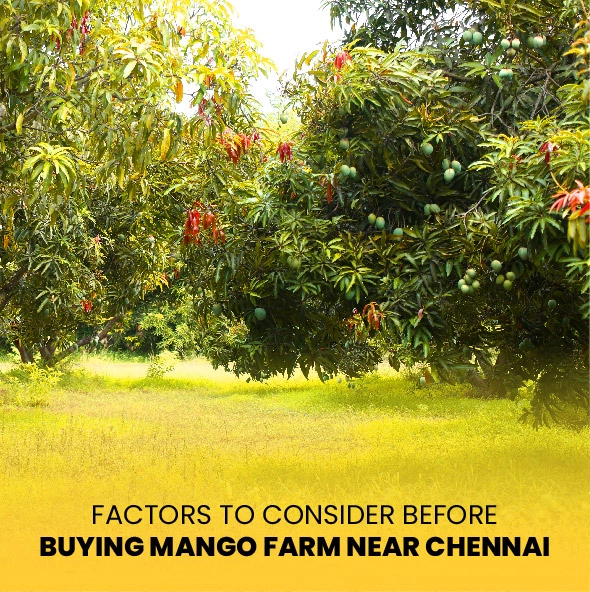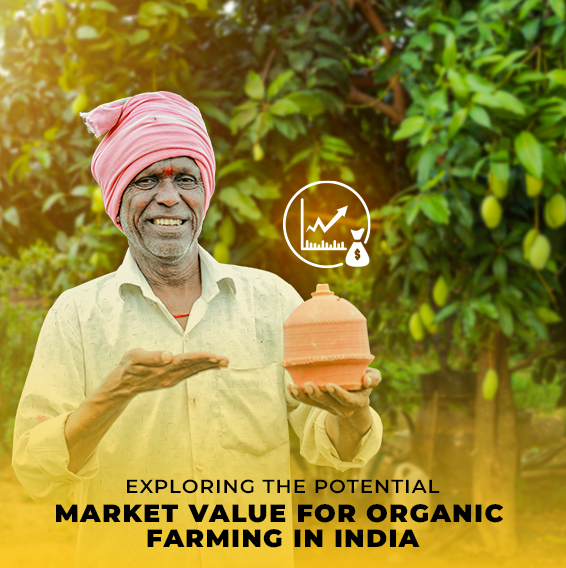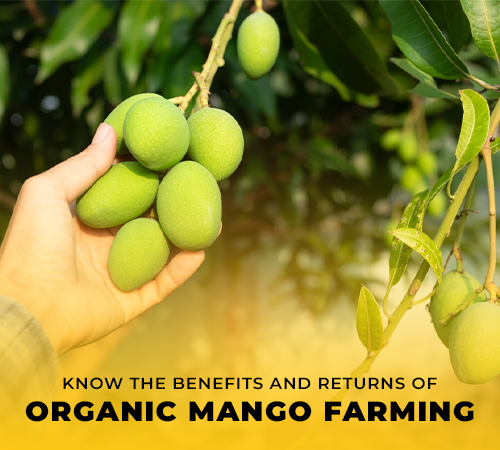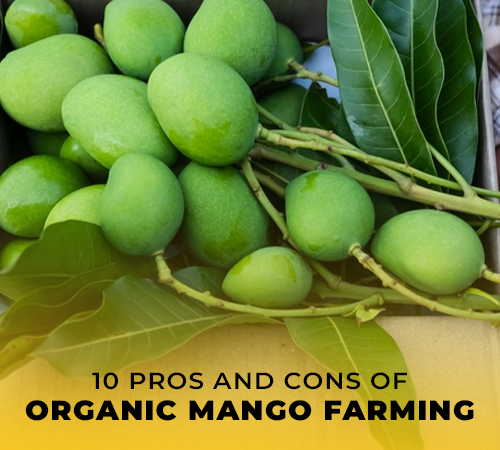Agriculture continues to drive India's economy and society even as it develops and modernizes. Government programs, technical advancements, and the growing global demand for environmentally friendly food production are driving a revolution in the agricultural farming sector, often regarded as the backbone of India. By 2025, India's agricultural scene will offer unprecedented opportunities for investors seeking to enter a sector that is both crucial and evolving. Here's why investing in India's agricultural future would be most beneficial in 2025.

By means of several programs and policy changes, the Indian government has been making deliberate efforts to strengthen the agricultural sector. Programs include the Pradhan Mantri Kisan Samman Nidhi (PM-KISAN) and the Pradhan Mantri Fasal Bima Yojana (PMFBY), which seek to give farmers insurance and financial support, thereby guaranteeing their economic security. Apart from that, the latest changes in agriculture regulations meant to open a more flexible market will enable farmers to directly interact with consumers and sell their produce at higher rates.
These changes will have had a major effect on the agricultural industry by 2025, which will appeal to investors. For investors in agricultural businesses, the expansion of agricultural markets will reduce intermediaries, boost farmer incomes, and foster a more competitive environment, ultimately resulting in improved returns.
India is not one-of-a-kind; technology is transforming agriculture. We should widely adopt smart agricultural methods like IoT-enabled gadgets, drone technology, and precision agriculture by 2025. These technologies allow farmers to maximize resource utilization, reduce waste, and raise crop yields, thereby improving farming's sustainability and efficiency.
The developing agri-tech industry offers lots of chances for investment. Companies creating agricultural farmland technology from automated machinery to farm management systems—are drawing a lot of interest. The agri-tech sector in India is expected to be multi-billion dollar by 2025; hence, investing in startups and businesses fostering this innovation is perfect at this point.
Demand for sustainable and organic agriculture goods is rising as knowledge of environmental problems and health concerns grows worldwide. India's agricultural legacy and rich biodiversity position it as a leader in organic farming. Using programs like Paramparagat Krishi Vikas Yojana (PKVY), which motivates farmers to embrace organic agricultural techniques, the government has also been pushing organic farming.
Both local consumption and exports are driving the explosive growth of the Indian organic produce market by 2025. Those wanting to profit from this trend should take into account connected businesses, supply chains, and organic farms. The growing inclination for environmentally friendly and chemical-free goods guarantees a rich market for anyone engaged in organic farming.
Although it presents major difficulties for agriculture, climate change also offers chances for innovation and investment in sustainable farming methods. India's varied topography and climate imply that climate change affects different areas in different ways—from erratic monsoons to rising temperatures. Climate-resilient crops, sustainable water management, and better farming methods are therefore increasingly in demand.
By 2025, investing in climate-resilient agriculture—that is, drought-resistant crops, smart irrigation systems, and alternative farming techniques including hydroponics and aquaponics—will be absolutely vital. These developments not only help to reduce the hazards associated with climate change, but also guarantee investors' long-term profitability and output.
India has some of the world's highest agricultural outputs and export potential. Rising global demand for Indian basics like rice, spices, and pulses, along with developing markets for organic and specialty items, are driving a dramatic rise in India's agricultural exports by 2025. By leveraging worldwide markets, the government's emphasis on increasing exports via programs like the Agricultural Export Policy seeks to quadruple agricultural exports and raise farmers' income.
The expanding export market presents investors with a unique opportunity to fund businesses and infrastructure that support agricultural exports. From cold storage and logistics to export-oriented farms, this growing industry offers several directions to investigate.
India's growth plan primarily focuses on infrastructure development, leading to an increasing emphasis on rural areas. Constant investments in rural infrastructure—roads, electricity, digital connectivity—will have changed many agricultural areas by 2025. Better infrastructure will lower transportation and storage costs, improve market access, and boost the general effectiveness of the agricultural supply chain.
Investing in agricultural projects in areas that benefit from infrastructure development can yield significant benefits. Furthermore, the government's emphasis on rural development creates opportunities for investors in associated sectors, such as rural real estate and agribusinesses.
Another reason 2025 is a perfect moment to invest in agriculture is India's young and fast-expanding population. India presents reasonably cheap manufacturing possibilities given a sizable and reasonably cheap workforce. Moreover, as more people move to cities, effective food production and supply systems become more necessary to satisfy urban population needs.
Investing in agricultural technology and companies that meet the evolving labor market and consumer needs helps investors gain from this demographic transformation. Structured agricultural investments are now possible, thanks to the emergence of contract farming, farmer producer organisations (FPOs), and agribusiness cooperatives.
The COVID-19 epidemic has brought food security and self-sufficiency's value to the forefront globally, as well as in India. The Indian government has underlined its will to guarantee food security for its people, and by 2025 this emphasis should get even stronger. Policies aimed at increasing food output, reducing import dependence, and guaranteeing consistent food prices will make the environment suitable for agricultural investments.
Ensuring food security will depend on investments in food production, storage, and distribution systems, which also provide consistent profits. Furthermore, the drive for agricultural self-sufficiency fits world patterns, making India an attractive target for agricultural development.
India's agricultural farmland sector will lead in innovation and expansion by 2025, presenting unmatched chances for investors. Government backing, technical developments, growing demand for environmentally friendly products, and expanding export markets all combine to make agriculture a viable investment area. Whether your interests are in conventional farming, organic agriculture, agri-tech, or infrastructure development, 2025 is the ideal time to invest in India's agricultural future and profit from a vibrant and changing sector.



